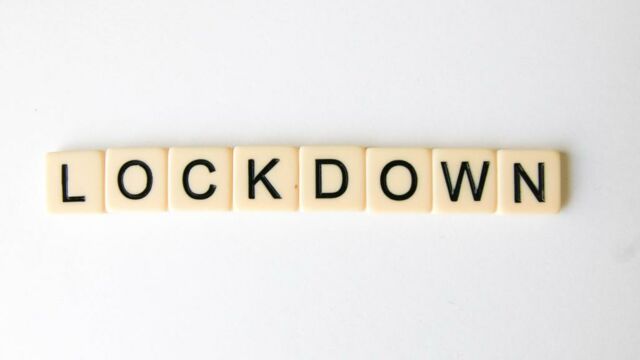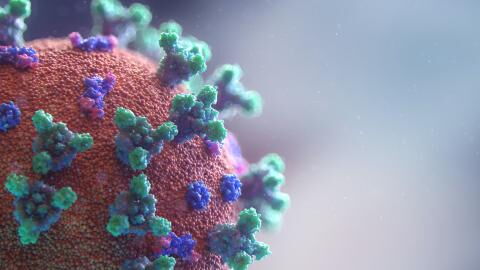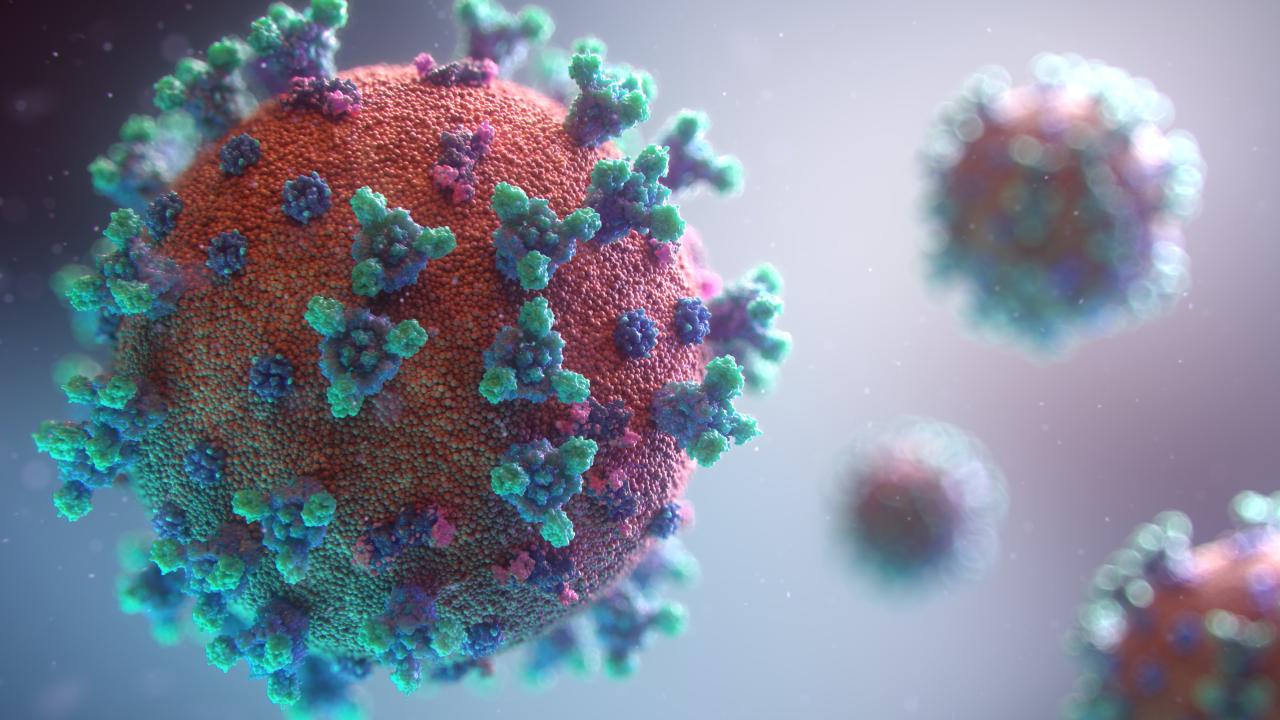The UK is currently free of most of its Covid-19 restrictions and brits are enjoying this freedom as much as they can. However, if there is a chance of a newer, more deadly variant emerging, the government might have to impose a lockdown again.
Discover our latest podcast
Locked down again!
PM Boris Johnson has refused to rule out further lockdown if another deadly variant emerges. While it may be something that people don’t like or even want, this would be the right way to go. The fight against Covid-19 is ongoing and with great strength but as the virus evolves with time, we will have to adapt to new things and changes too. Downplaying the chances of imposing another lockdown, PM Johnson confirmed:
It would be irresponsible of any leader in any democracy to rule out something that saves lives.
The government had set out a 'living with covid' plan earlier this year uplifting a lot of restrictions and even removing isolation after being tested positive.
Read More
⋙ COVID: Watch out for this serious side effect if you've been infected in the last six months
⋙ COVID: Vaccines for children aged 5 to 11 are now available in England
⋙ Covid: New Omicron variant XE found in the UK, here’s what experts are saying
Another wave again?
According to The Sun, Covid hospitalisation rates hit 20.5 per 100,000 people in England last week. This is already higher than the rate England witnessed during the Omicron peak at the start of January. While there is hope that the rates might go down, nothing can be set in stone right now. Although there is a decrease of 40 per cent in the number of cases today as compared to last week.
Amidst this, the only hope of survival left is getting vaccinated as soon as possible. Vaccines provide the utmost protection that people need to fight the virus. They will continue to protect individuals from serious illness, and just two weeks after the newest part of the campaign began, over a million people had obtained a spring booster. The NHS is urging people to apply for a fourth dose as soon as they are eligible, with 570,000 more people expected to be contacted next week.















